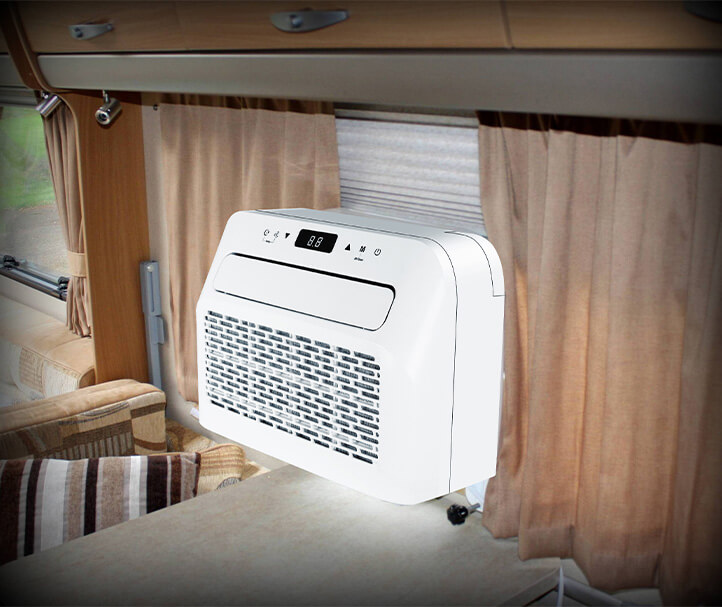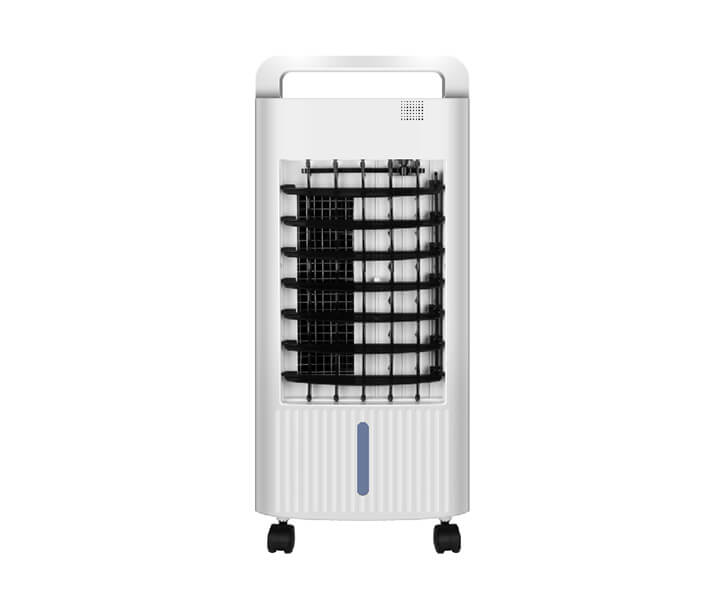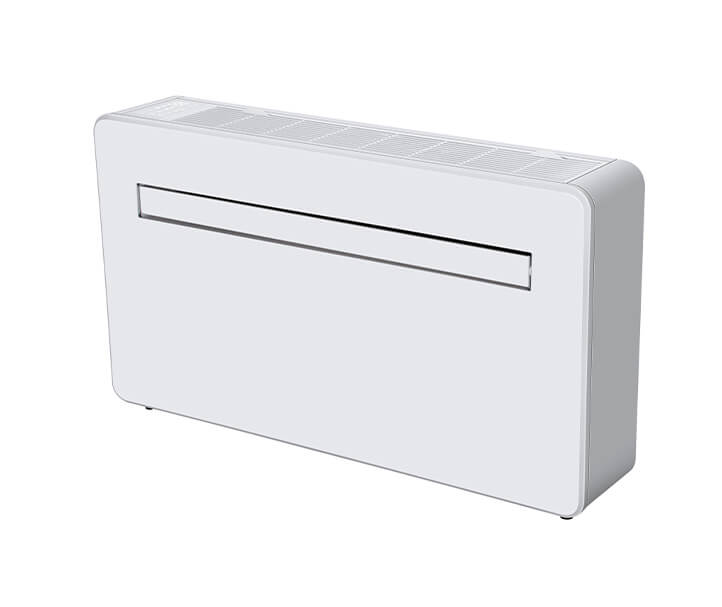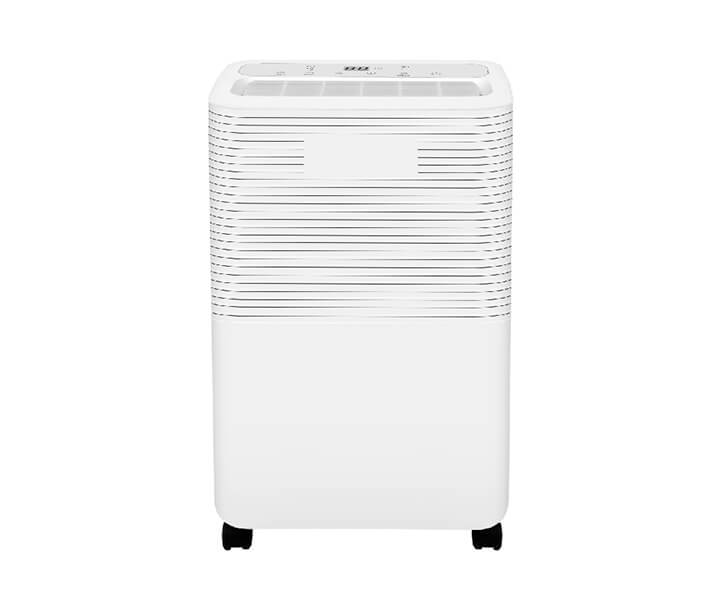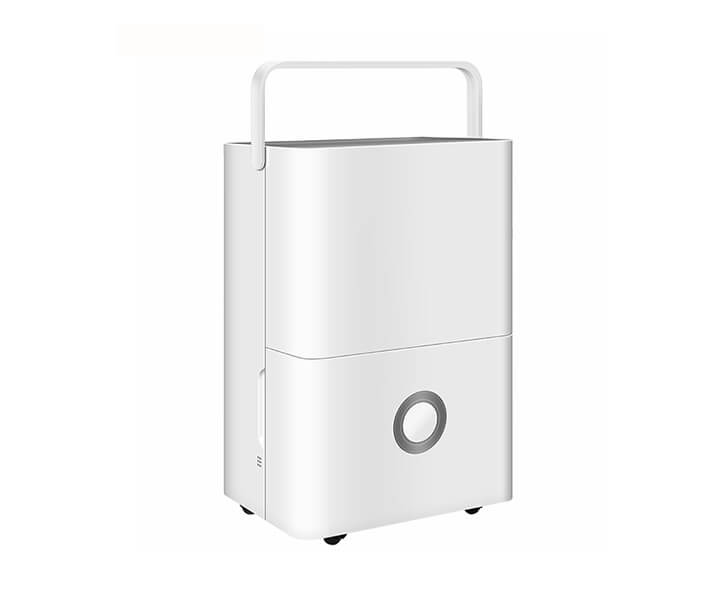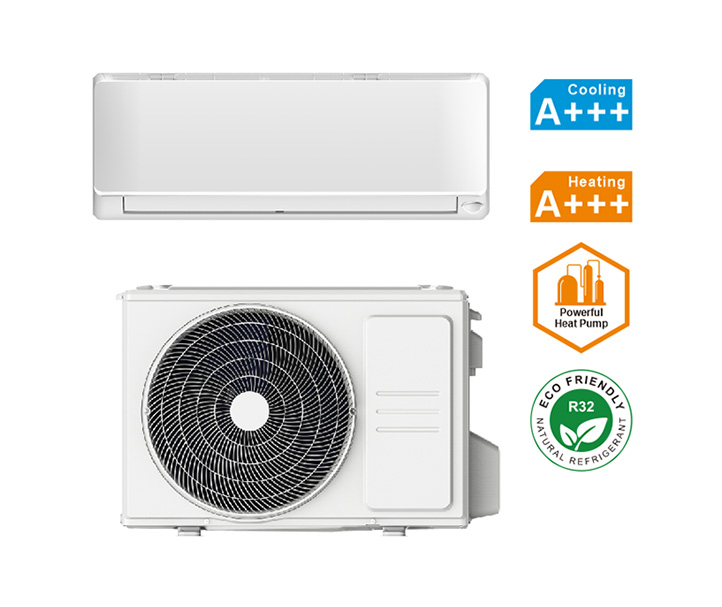
What is a unitary air conditioner? Explain its working principle and characteristics in detail
2023-07-27 21:01:46
Introduction: Defining a Unitary Air Conditioner
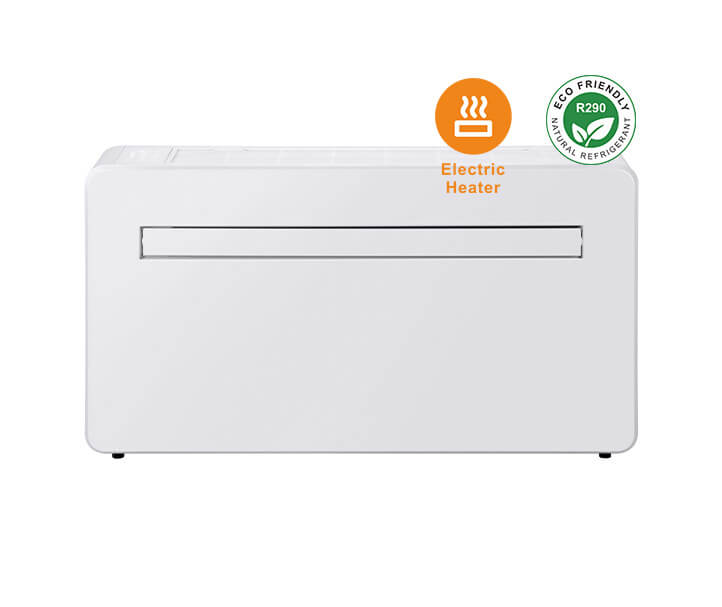
A unitary air conditioner refers to a self-contained cooling system that provides cooling, ventilation, and humidity control for a specific area or room. It is also known as a single-package air conditioner or a packaged rooftop unit. These systems are commonly used in residential, commercial, and industrial settings.
Working Principle of Unitary Air Conditioners
A unitary air conditioner functions based on the principles of refrigeration. The system consists of several key components:
1. Compressor
The compressor is responsible for circulating the refrigerant and compressing it into a high-pressure, high-temperature gas. This process increases the refrigerant's energy level.
2. Condenser
The hot, high-pressure refrigerant gas flows into the condenser, where it releases heat to the surrounding air or water. As a result, the refrigerant condenses into a high-pressure liquid.
3. Expansion Valve
The high-pressure liquid refrigerant then moves into the expansion valve, which reduces its pressure. As the pressure drops, the refrigerant also experiences a decrease in temperature.
4. Evaporator
The low-pressure, low-temperature liquid refrigerant enters the evaporator. Here, the refrigerant absorbs heat from the indoor air and undergoes a phase change from a liquid to a gas. This process cools and dehumidifies the air from the room.
5. Fan
A fan within the unitary air conditioner circulates the cooled air back into the area while expelling the warm air outside.
Characteristics of Unitary Air Conditioners
Unitary air conditioners possess several notable characteristics:
1. Compactness and Portability
Unitary air conditioners are designed to be compact and self-contained, making them easy to install, maintain, and transport. Their portability allows for flexibility in cooling different areas within a building.
2. Energy Efficiency
Modern unitary air conditioners incorporate advanced technologies to maximize energy efficiency. They utilize high-efficiency compressors and fans, intelligent thermostats, and other features to save energy while maintaining optimal cooling performance.
3. Zoning Capability
Some unitary air conditioners have the ability to cool multiple zones or rooms independently. This zoning capability allows for customized temperature control, reducing energy wastage by providing cooling only where needed.
4. Easy Installation
Unitary air conditioners are relatively simple to install, especially compared to central air conditioning systems. They often come pre-charged with refrigerant and require a minimal amount of ductwork, making the installation process faster and less invasive.
Conclusion
In conclusion, unitary air conditioners are versatile cooling systems that work on the principles of refrigeration. They offer efficient and customizable cooling solutions for various environments. Their compactness, energy efficiency, zoning capability, and ease of installation make them a popular choice in both residential and commercial applications.
Get the latest price? We'll respond as soon as possible(within 12 hours)



